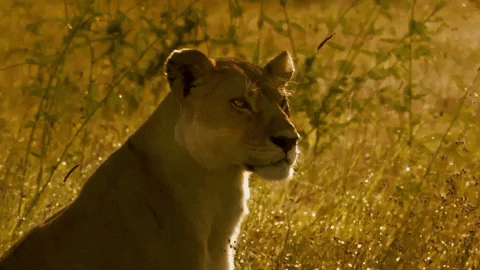

PodMov Daily: Tuesday, July 20
Episode 465: Testing, One Two-sday
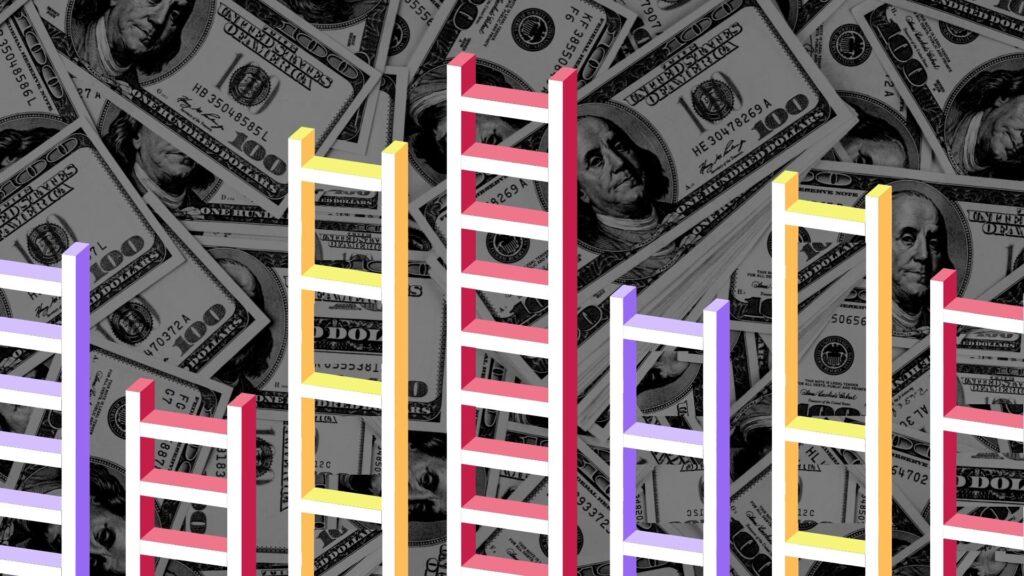
Charging and Paying Fair Rates in Podcasting
Two weeks back, Dustlight Productions founder Misha Euceph opened a Twitter thread with this: “I’m seeing a lot of whack stuff about rates and payment in podcasting.” She insists that advocacy and open dialogue — with actual numbers — is urgently needed in the audio space, especially for freelancers.
This Thursday at 5:00 pm CT, Euceph is hosting a Dustlight Q&A about standard budgets and fair rates in the audio industry, and how to negotiate them. It’s rare that we flag an event that costs admission, but the larger topic has the power to improve lives, as well as educate and set expectations for quality employers.
As well as guidance on finances, creation, and podcast IP, Euceph offers tips for reaching out to people you admire: “Know their work, have specific questions, don't take up more time than you need, pay them if you have the means, and don't wait for their permission to make amazing things that [excite] you!”
Saving New Sounds of Podcasting’s Past and Future
Saving New Sounds, an open-access collection about preserving and studying podcasts, is out from University of Michigan Press. All 14 essays are free to read online or download, featuring topics like RSS, metadata, digital preservation, podcast histories, sound studies, and even “The Spotification of Podcasting.”
Two professors at the University of Wisconsin-Madison, Jeremy Wade Morris and Eric Hoyt, spent years editing the collection as part of the PodcastRE database project. The idea is that podcasts are just as important as they are popular, and deserve to be found, saved, and analyzed before they’re lost to time.
Much of Saving New Sounds focuses on the medium’s future, including a chapter from Preserve This Podcast. The public service initiative educates and trains indie producers on digital preservation. Why? Learn to back up your show, and you’ll protect it from going the way of countless (priceless) VHS recordings.


How to Choose the Best Measurement Partner
The right campaign measurement solutions are critical to helping you understand ROI, validate media plans, and improve marketing strategies. In our industry there are a variety of partners and tools you can choose from, but not all are equal. You need a partner who will tell you what’s working and improve what isn’t.
First, you need a data-driven, experienced partner with new technology innovations and unique methodologies that can tie both online and offline engagement and conversion behaviors to cross-channel exposures, including podcast and streaming audio.
It’s important you also find a partner who has a robust identity graph with an expansive market presence and a breadth of capabilities ranging from precise audience identification to effective channel and device insights, along with accurate campaign attribution and incremental lift.
Here's what else is going on:
- Sharper image: This Tuesday’s episode of The Pod Lab digs into narrative structure, the importance of details, and the line between too much and not enough sound design. Plus, Natalia Petrzela (Welcome to Your Fantasy) stops by with the keys to a better interview. A PM original series.
- Gimme more: Rephonic’s new discovery tool draws on data from Apple Podcasts. “You seed it with shows that you already like (3+ works best) and it recommends other shows that subscribers to those shows also listen to. The more shared overlap they have, the higher they'll appear in the list.”
- Power buttons: If you’re writing separate SEO headlines for podcast episodes and other content, “you can do even more to bend Google to your will.” The NPR Audience Insight & Research team explains how to format custom URLs and SEO descriptions that give your posts a boost in search.
- Scare tactics: Is it possible to fix true crime podcasting? Emily Alford of Jezebel compares its sensationalist roots with a new wave, led by women academics and investigative journalists like Connie Walker (Stolen: the Search for Jermain) and Emma Courtland (Gimlet’s Crime Show).
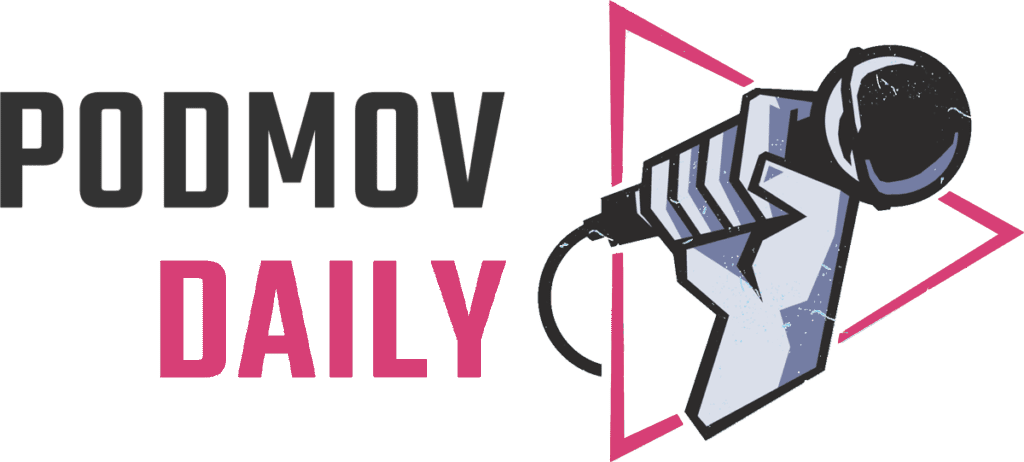
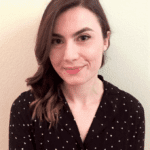
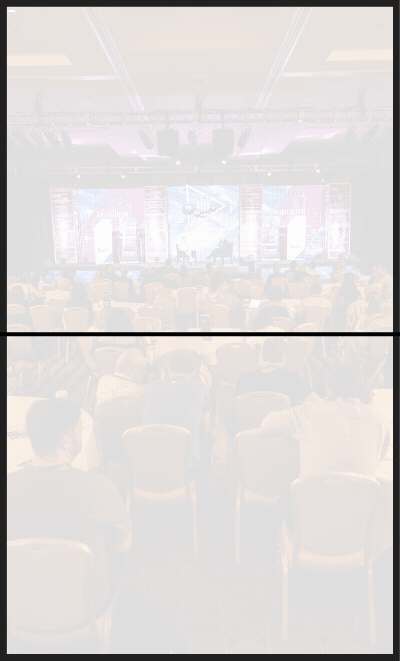


Join the Movement